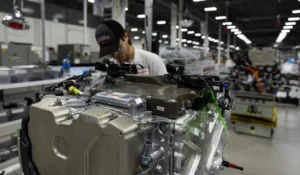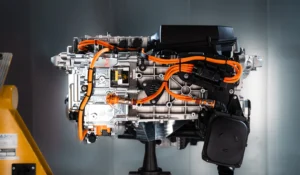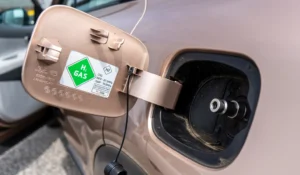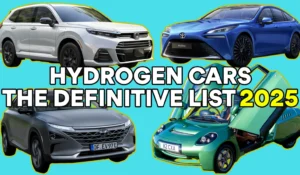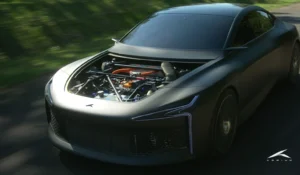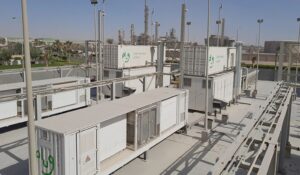Japanese Government backs Toyota’s hydrogen plans
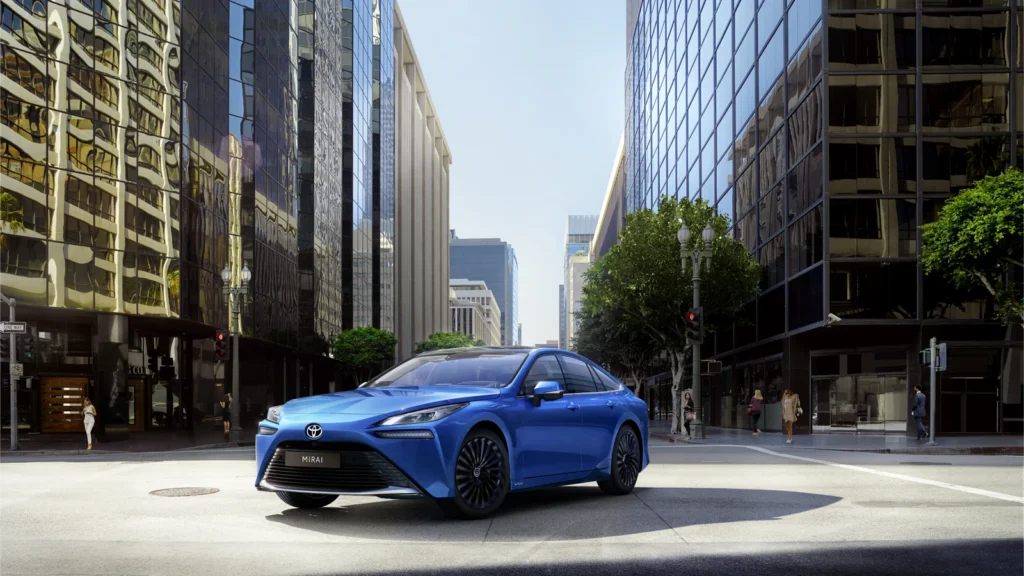
Toyota has just announced that its new production plan for fuel cells and water electrolysis systems has been chosen by Japan’s Ministry of Economy, Trade and Industry (METI) to receive support under the nation’s “GX” supply chain program.
In short terms, it is a boost as part of Japan’s push to bring hydrogen into everyday life – and making it cost-effective and widely available all at the same time.
Building Japan’s hydrogen backbone
The METI program is part of a broader effort to help Japan reach carbon neutrality. Known as the “GX Promotion Act”, it focuses on the technologies needed to drive a clean-energy transformation – especially those involved in producing, moving, and using hydrogen.
The government in backing Toyota is effectively betting on one of its manufacturing giants to shape a domestic hydrogen supply chain that sets the pace for the world.
This support is not just for Toyota’s benefit. It will help countless small and medium-sized companies in Japan’s manufacturing sector that can supply parts, materials, and services to this new hydrogen ecosystem.
Think of it as creating a strong local backbone that can stand up to global competition, ensuring that cutting-edge hydrogen technology is “Made in Japan” and ready for export.
Hydrogen fuel cells for trucks, at a global scale
Hydrogen-powered cars have grabbed headlines, but Toyota wants to make just as big a splash in the commercial truck market.
Trucks, buses, and delivery vehicles are prime candidates for fuel cells, thanks to the fast refuelling and extended range that hydrogen can offer.
By 2030, Toyota wants to be a major player here, aiming to supply around 75,000 fuel cell units to European and North American markets.
With governments around the world pushing for cleaner fleets, the timing couldn’t be better.
To make this happen, Toyota plans to work closely with local governments, vehicle manufacturers, and the fleets that will actually use these trucks.
The goal is simple: show the industry that hydrogen-powered vehicles can deliver on performance, reliability, and total cost of ownership.
If it all comes together, commercial fleets could soon see fuel cell trucks as a go-to solution for long-haul and urban deliveries alike.
Scaling up green hydrogen production with electrolysis
It all sounds well and good, but hydrogen vehicles need a steady supply of clean hydrogen, so that’s where Toyota’s water electrolysis systems come in.
Instead of relying on legacy fossil fuels to produce hydrogen, these systems use renewable electricity to split water into hydrogen and oxygen via electrolysis.
It’s clean, it’s sustainable and a process that’s key to making sure hydrogen truly lives up to its green promise.
Toyota is aiming big here as well, targeting a cumulative production scale of 3 gigawatts by around 2030.
That’s significant capacity – enough, in theory, to produce the renewable hydrogen needed to power two to three million hydrogen cars, as well as support power plants and other energy-intensive applications.
By steadily increasing output, Toyota hopes to lower costs, ensure a stable supply, and inspire more companies and cities to invest in the broader hydrogen infrastructure network.
Building the hydrogen ecosystem
The real power of Toyota’s strategy lies in its holistic approach. The company isn’t just focusing on the vehicles or the production technology – it’s looking at the entire hydrogen value chain.
From the moment hydrogen is produced, to how it’s transported and stored, all the way to when it’s pumped into a fuel cell truck’s tank, Toyota wants to make every step more efficient, affordable, and scalable.
What does this mean for all of us? If Toyota and its partners succeed, it could accelerate the shift to cleaner energy and transportation.
Hydrogen could become a real practical solution that helps balance the global energy mix, reduces emissions in hard-to-electrify sectors, and opens up new business opportunities.
Toyota’s hydrogen vision
By securing government support, Toyota’s hydrogen vision is getting a serious vote of confidence.
Japan wants to lead in this space, and Toyota’s track record in engineering and manufacturing gives it a strong shot at making that a reality.
If the company hits its targets, by 2030 we may look back and see this moment as a turning point – when hydrogen stopped being a niche idea and started powering the wheels of global industry.
In short, Toyota’s efforts show that the hydrogen economy isn’t some distant dream. It’s taking shape right now, and the world will be watching how quickly and how well it all comes together.

